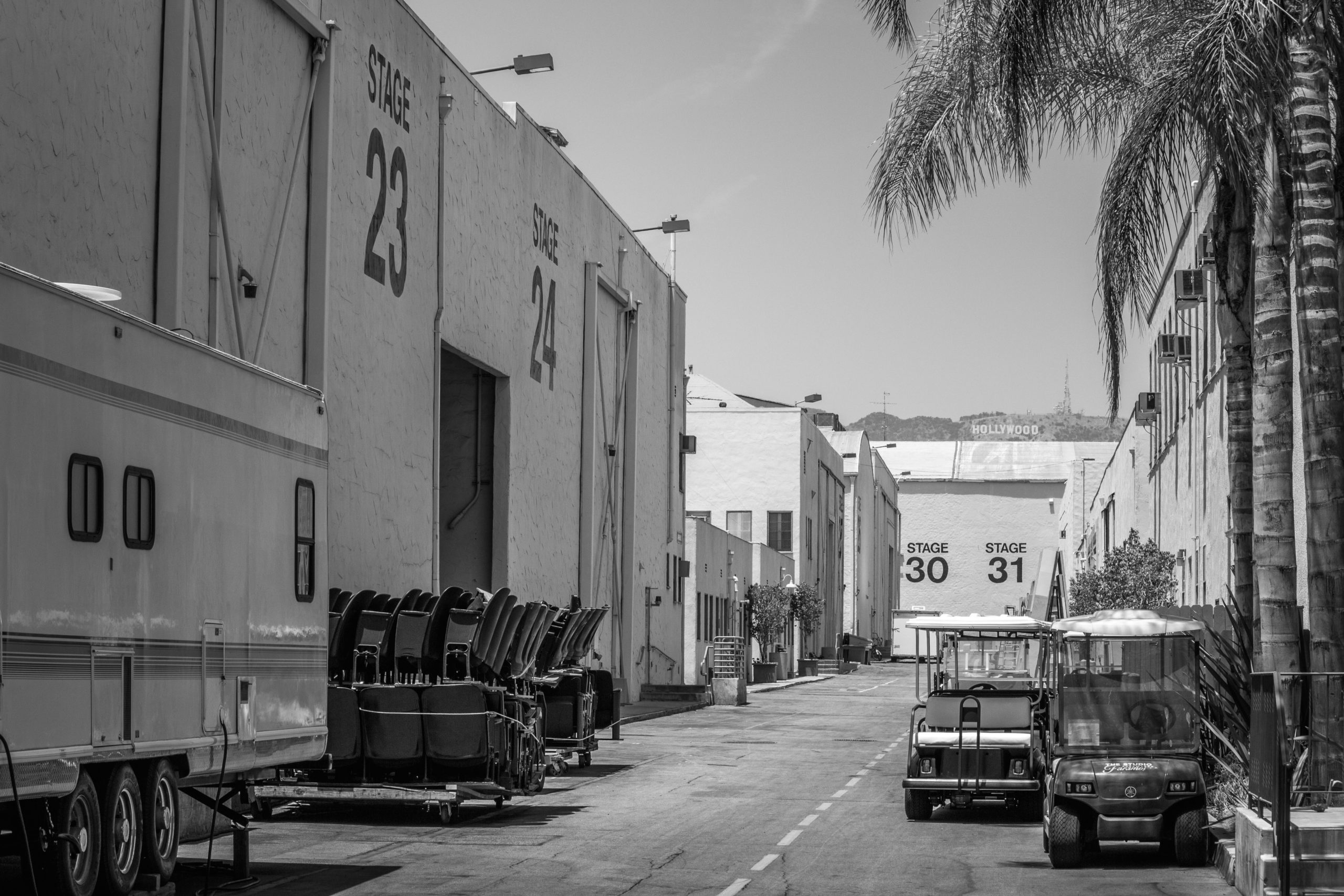Over the past week, I have been voraciously following the Harvey Weinstein story both as it played out in The New York Times and with more vivid, damnable detail today by Ronan Farrow in The New Yorker. A lot of people are now asking how this went on for so long. Why was Hollywood quiet while a beast among their ranks made such surreptitious noise? And though I can’t answer the question, I can offer my own experience on the subject as someone who has previously seen a very, very small sliver of what lies inside the entertainment industry’s darker places, those spots not illuminated by bright lights and wide-eyed glamour.
Years ago, I was working as a production assistant (or better termed, a production assistant’s assistant) on a FOX television show put together by some major producers—none of whom were Harvey Weinstein—and starring a few big, big names. I fell into the job by accident. I had been working part-time at a local park, beautiful and water-edged, when it was revealed a new TV series was coming to town, and specifically, to the old, historic mansion that sat on the waterfront side of the park.
I remember one week into my job the park director, a burly man with a mustache always filled with bits of cheese, called me into his office during lunch. He was eating a bologna sandwich. “Hey! You went to Columbia, right?”
Me: “Yes, I graduated there.”
(He paused to finish the remaining half of his sandwich in one bite, I kid you not.)
Director: “You must be smart then, huh? The FOX people are coming to film next week. You’re probably the smartest one I got working here. Do you want to work for them instead of us? They need someone who knows where the outlets and light switches are. Pays more, too.”
Me: “Yes, definitely!”
Director: “And you’re sure you know where the light switches and all that stuff are in the house? How to pull the curtains shut? The one upstairs catches sometimes on the rod.”
(He licked his fingers, one at a time.)
Me: “I’m pretty sure I know how to get it open.”
Director: “OK. You’re hired.”
For the better part of three months, I sat inside a crumbling 1920s estate as camera crews filmed actors being kind of self-deprecating and funny. Occasionally, I’d point to an electrical socket or open a door to a dusty room. As a college grad with few clues about working life, it was the best job possible; I was there three days a week, arrived at 3 in the afternoon and left set around 10:30 at night but got paid until the last production truck departed the lot, usually at 3 a.m. Only in Hollywood can you make money while sleeping in bed.
The show, despite its star-powered production team and A-list actors, never made it past season 1 (the premise was promising but the dialogue awful if I’m being honest) and when it was cancelled, for some reason the entire cast decided to throw a party.
I had become friends with an assistant director on set, a 40-something character just shy of overweight with perpetually unwashed blonde hair. During breaks, we chatted by the craft services table about his life in the business and he’d name-drop the actors he worked with like jellybeans on a gold-plated platter. I remember he called himself a “nomad” because the film industry, he described, was a series of trips from one show to the next, one movie to the next. He was always on the go, never knowing if the thing he was working on would stick. The way he explained it, hands flailing with passion across stale crackers and salami bites, the idea of a nomadic life in film seemed dazzlingly gritty.
The night before the party, he texted to ask if I planned to go and asked if I wanted to attend an even more exclusive party with him before the main event.
“What time?” I replied.
“7.”
“Great! Who else is going?”
“Oh, it’s just me and you at 7.”
I had no clue what he meant, so I asked: “Two people? What kind of party is that?”
“The kind with just us. It’ll be fun. Also, if you want to work on another show with me, you should come.”
I never responded, never went to his party or the one after but the experience provided a glimpse into what happened when the clock tower of Hollywood struck midnight and the glass slipper fell. I can only assume actresses and staffers far more experienced (in the business) than I came to see this kind of behavior as par for the course, a lesson in career development. Even to me, the causal way he asked to meet felt inherent to his job, like he inquired all the time. I ignored the sprinkling of texts he sent in the weeks following and when he asked again to meet up, I said nothing.



Thank you for sharing your experience Melissa. Although perhaps not as inherent, it nevertheless seems so prevalent in so many more areas. I’ve seen it in education. In hospitality. And….
No doubt that nothing is the best reply ever.